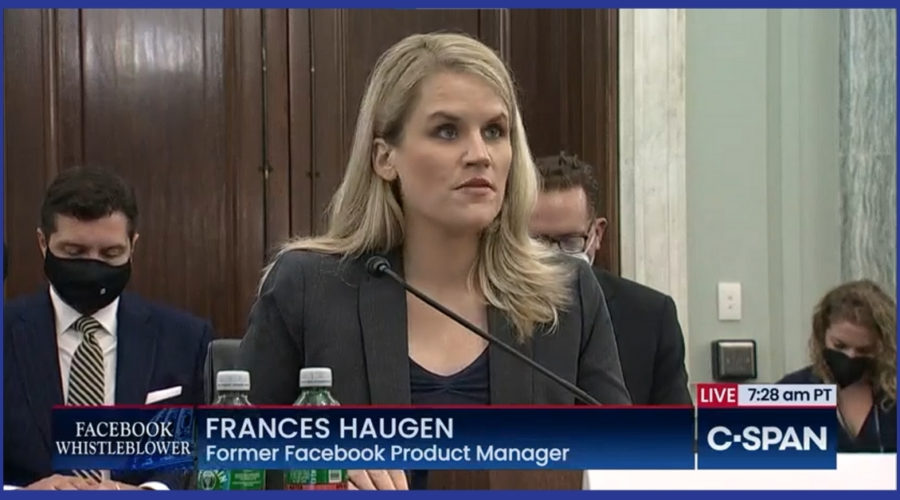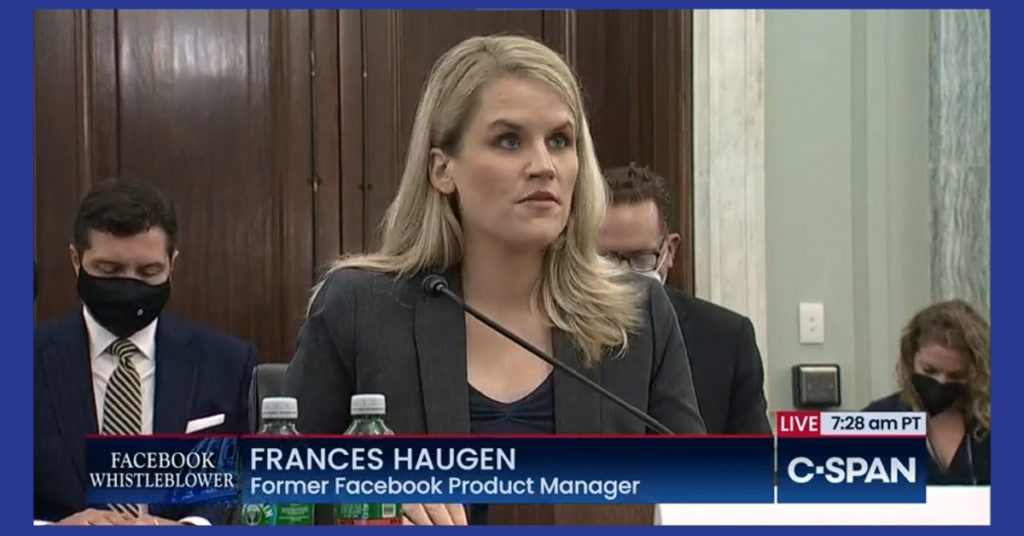Virginia youth social media law would cause online chaos and diminish parental authority

Richmond, VA – In the name of “safety” and the “best interests” of children, the Virginia Senate this week passed a draconian age-verification bill for online platforms which would require youth who want to use social media to provide exhaustive proof of their age and to seek parental consent. This legislation is not as common-sense as its backers would have voters believe.
SB 359 outlines the restrictions on so-called “addictive feeds” that offer content to users, but lays out significant exemptions that could be used by platforms like YouTube, TikTok, and Snapchat to evade regulation impacting their competitors.
Yaël Ossowski, deputy director of the Consumer Choice Center, a consumer advocacy group based in Washington, D.C. responds to the VA Senate’s passage:
“The legislation, with its focus on “addictive feeds” that “connect users,” means a number of services would arguably be exempted, including YouTube, TikTok, and Snapchat. This demonstrates that instead of trying to “protect kids” writ large, this is nothing more than legislative retribution against select social media companies, and has more to do with politics than positive discussion on online safety.”
This bill follows in the steps of last year’s adoption of SB1515, which holds websites of “harmful content” liable in civil courts if they allow minors access, similar to the so-called “porn ban” first passed last year in Utah. If the bill is passed by the House of Delegates, it would create a labyrinth of weaponized policies that prevent teens from engaging with friends and family online, would burden future social media upstarts, and create privacy risks.
Yaël Ossowski added, “By requiring social media websites to collect sensitive photos, IDs, and documentation of Virginia minors, they are mandating enormous privacy risks that will be a cyberhacker’s dream. Not only does this bill make it more difficult for young people to begin to use the Internet and all the benefits it provides, but it enshrines into law the idea that governments should pick which social media networks young people can or cannot use rather than parents. This is gatekeeping a generation of people from the Internet.”
The Consumer Choice Center believes strongly that if Virginia were to pass such a bill, the state would be aligning with the idea that the government should have the final say over young people’s access to the Internet, diminishing the role of parents in their kids’ digital lives.
“That is fundamentally wrong,” concluded Ossowski. “We as a society should trust that parents have the ultimate right to decide whether or not their children access certain websites or services, not government officials sitting in Richmond. No one knows what is in the best interests of their child than parents.”
**
The CCC represents consumers in over 100 countries across the globe who want smart public policies that are fit for growth, elevate tech innovation, and protect lifestyle freedom. We closely monitor regulatory trends in Washington, D.C., Ottawa, Brussels, Geneva, and other hotspots of regulation and inform and activate consumers to fight for Consumer Choice. Learn more at consumerchoicecenter.org..




